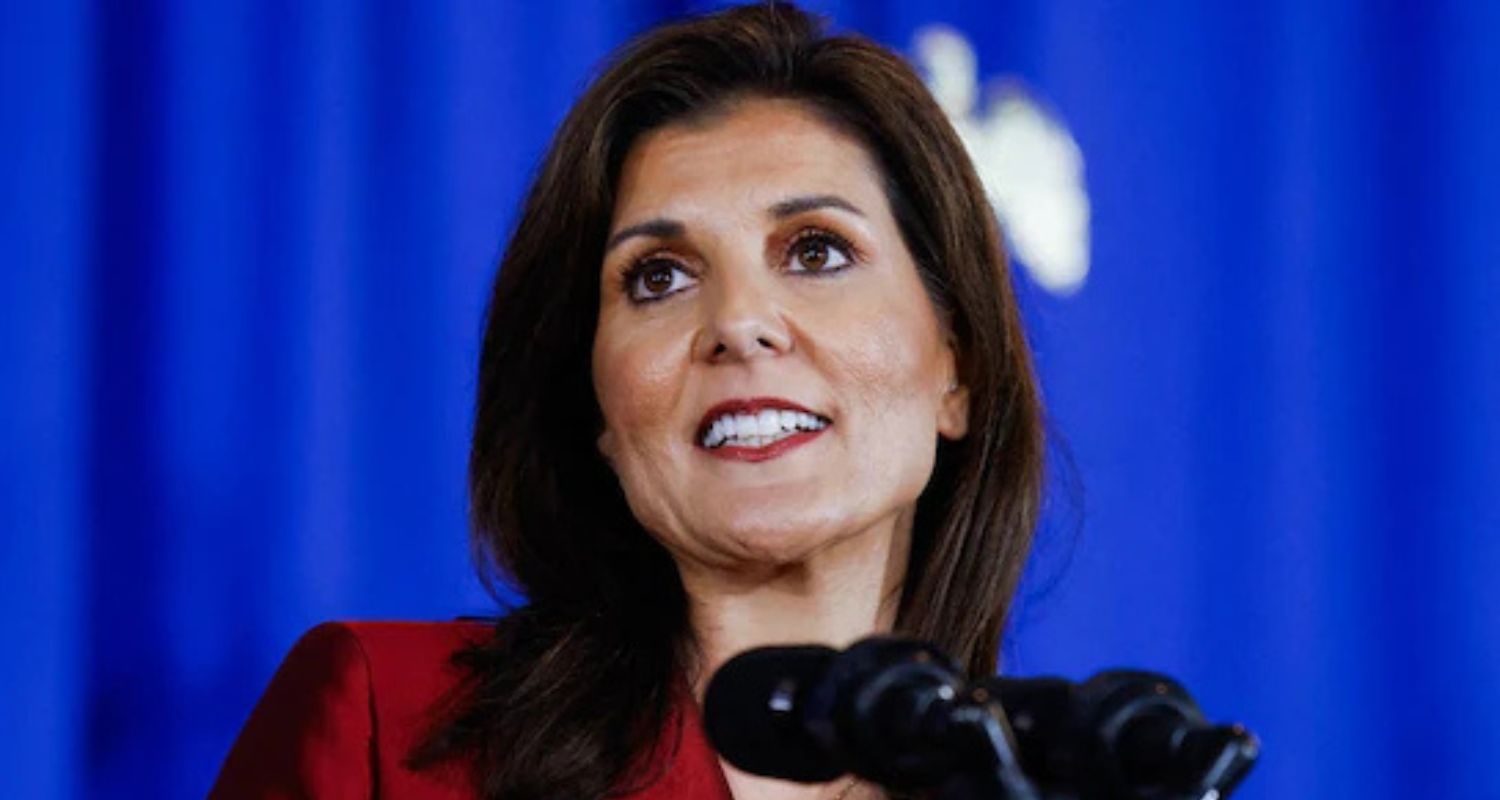During Donald Trump's time in office, the US imposed harsh tariffs on India because of its trade with Russia. Nikki Haley, who once worked as the US Ambassador to the United Nations, has warned that the relationship between the US and India is almost breaking down.
She has stressed that it's very important for the two countries to fix their relationship if the US wants to stop China from becoming more powerful around the world. In a Newsweek opinion piece published Wednesday, Haley argued that India should not be viewed as an enemy like China, and the Trump administration should not let issues such as tariffs or the US role in the India-Pakistan peace deal create a divide between two of the world's biggest democracies.
These actions are part of a series of contentious events, including a dispute over New Delhi's rejection of a US role in mediating a ceasefire between India and Pakistan.

According to Haley, who served as US Ambassador to the UN from January 2017 to December 2018 under the Trump administration, "To achieve the Trump administration's foreign policy goals—outcompeting China and achieving peace through strength—few objectives are more critical than getting US-India relations back on track."
She emphasised that India, a democratic partner, should not be treated as an adversary like China. She highlighted the irony that China, despite being one of the largest purchasers of Russian oil, has so far avoided similar sanctions from the US. Haley cautioned that jeopardising "25 years of momentum with the only country that can serve as a counterweight to Chinese dominance in Asia would be a strategic disaster."
Also Read: Trump imposes 50 pc tariffs on India
Haley, a Republican who has been critical of Trump but has endorsed him for the 2024 presidential election, outlined several reasons why a strong partnership with India is crucial for the United States. In the short term, India is essential for diversifying and relocating critical supply chains away from China.
She noted that while the US is working to bring manufacturing back home, India has the unique potential to produce goods at a scale comparable to China, particularly in sectors like textiles, inexpensive phones, and solar panels.
Also Read: Trump warns India of secondary sanctions after 50% tariff hike
In the defense sector, Haley pointed out that India's expanding military collaborations with US allies, such as Israel, not only make it a key market for American defense equipment but also a significant asset to global security.
She also pointed out that India's influence and role in security matters in the Middle East are increasing, which could help keep the region stable as the US tries to cut back on its military and financial presence there. India's position at the crossroads of important trade and energy paths that China depends on might make it harder for Beijing to act if there's a big conflict.
Also Read: PM vows to shield farmers despite Trump’s tariff onslaught
From a long-term viewpoint, Haley emphasised India's big importance in terms of population and economy. In 2023, India became the world's most populous country, taking over from China. India has a young workforce, which is very different from China's population, which is getting older.
As the world's fastest-growing major economy, India's rise is, according to Haley, the most significant geopolitical event since China's emergence. She argued that India's growing power represents one of the greatest obstacles to China's ambition to reshape the global order. "Simply put, China's ambitions will have to shrink as India's power grows," Haley wrote.
She concluded by noting that, unlike communist-controlled China, the rise of a democratic India does not pose a threat to the free world.
Nimarata Nikki Randhawa Haley served as the 29th US Ambassador to the United Nations from January 2017 to December 2018, making her the first Indian American to hold a cabinet-level position in a presidential administration.
Also Read: Trump halts trade talks with India amid ongoing tariff dispute



